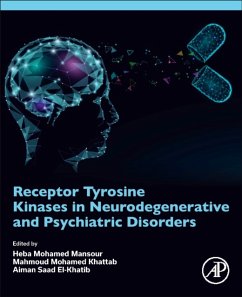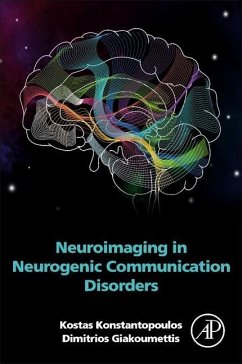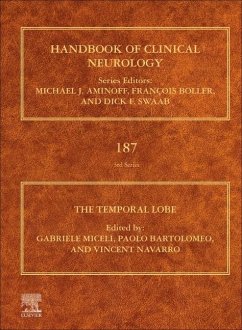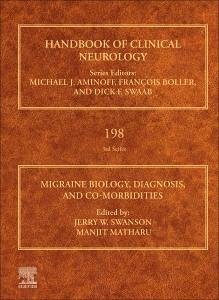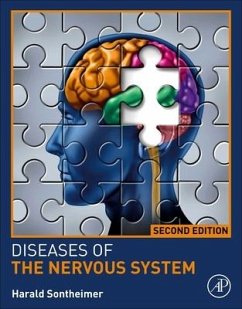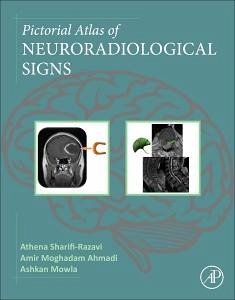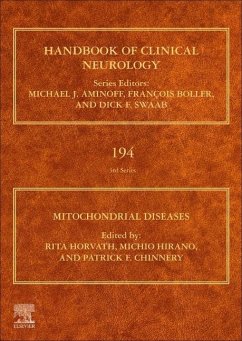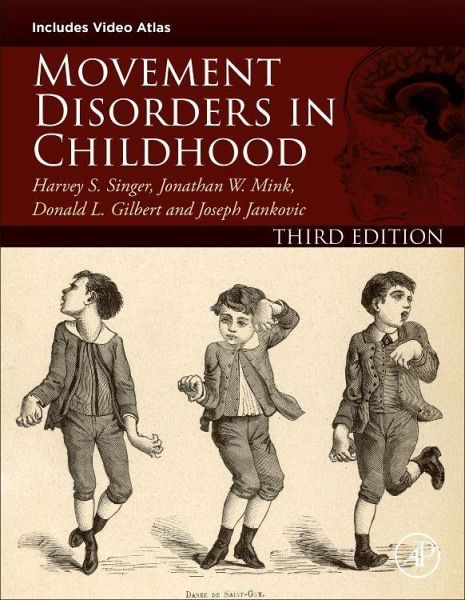
Movement Disorders in Childhood

PAYBACK Punkte
87 °P sammeln!
Movement Disorders in Childhood, Third Edition, provides the most up-to-date information on the diseases and disorders that affect motor control, an important area of specialization within child neurology. In this new edition, each chapter has been fully revised to include all of the latest scientific and therapeutic advances. Updates include new insights into approaches to diagnosis, genetics, complex, and integrated circuitry underlying motor development and control. It also includes revised classifications nomenclature and guidelines for drug and other treatments. The authors also discuss d...
Movement Disorders in Childhood, Third Edition, provides the most up-to-date information on the diseases and disorders that affect motor control, an important area of specialization within child neurology. In this new edition, each chapter has been fully revised to include all of the latest scientific and therapeutic advances. Updates include new insights into approaches to diagnosis, genetics, complex, and integrated circuitry underlying motor development and control. It also includes revised classifications nomenclature and guidelines for drug and other treatments. The authors also discuss developments in pathophysiologic mechanisms, immunology, metabolic disorders, and functional disorders. Appendices include an updated and revised drug index and genetic search strategy. The video atlas contains new educational and instructive videos to illustrate phenomenology and help diagnose common and rare childhood movement disorders.





